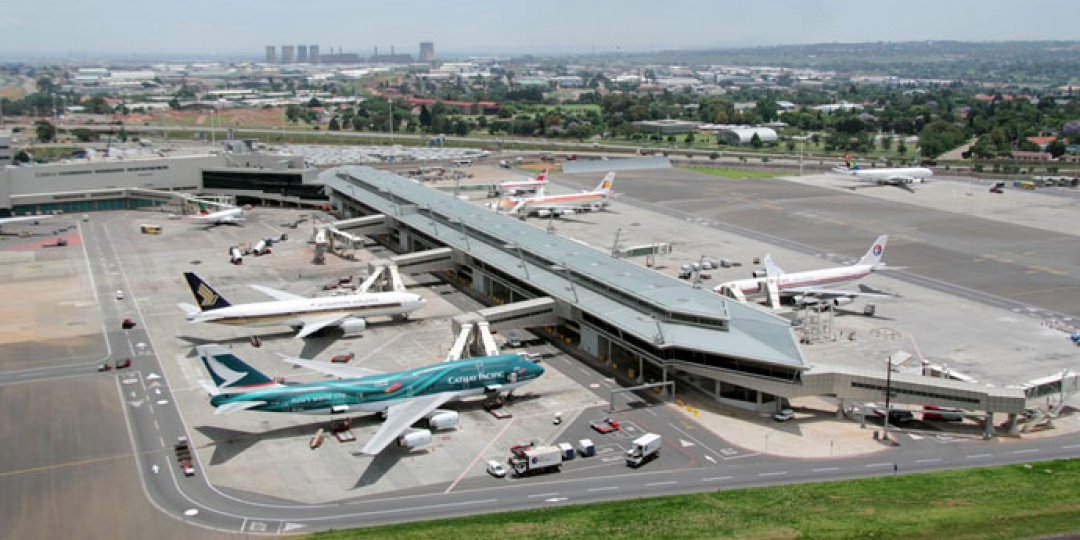Airports Company South Africa (Acsa) has confirmed that OR Tambo International Airport (JNB) has secured sufficient jet fuel to meet its needs for January. This comes in the wake of a fire earlier this month at the National Petroleum Refiners of South Africa (NATREF) refinery, which has significantly impacted national fuel production.
As of now, JNB has 27.1 million liters of jet fuel available, meeting its daily requirement of 3.6 million liters for about 7.6 days, covering operations through early February. However, with the refinery expected to reopen only on February 27, an estimated 97.2 million liters will be required to sustain February’s demand.
Industry Collaboration to Mitigate February Shortages
A coordinated effort is underway among key stakeholders to address the looming fuel challenge for February. Partners include the Fuels Industry Association of Southern Africa (FIASA), NATREF, Acsa, the Central Energy Fund, Strategic Fuel Fund, Transnet (Pipelines and Freight Rail), SARS, and other government agencies.
Acsa has outlined several measures to manage the situation:
- Engagement with Stakeholders: Collaborative efforts are being made to restore and build fuel reserves.
- Prioritized Fuel Movement: Transnet has been requested to expedite fuel transport from Durban to Gauteng as imported volumes arrive.
- Stockpiling at King Shaka International Airport: Efforts are being made to increase reserves at Durban’s airport, which has a higher storage capacity relative to its daily consumption.
Airlines Take Precautionary Measures
Airlines and fuel suppliers are also responding proactively. Some airlines have reported restrictions from suppliers, prompting them to adopt measures such as fuel tankering—refueling at other airports to conserve fuel reserves at JNB.
Lufthansa, for instance, has informed passengers that its flights, along with SWISS flights, may require technical refueling stops en route to Frankfurt and Zurich, respectively. This could delay arrivals by approximately 1 hour and 30 minutes. Lufthansa has indicated these measures may be necessary between January 18 and 22, with updates to follow as the situation evolves.
Acsa’s Advisory to Passengers
Acsa has advised passengers to plan for extended connection times, especially for international flights, to account for potential delays. Domestic flights generally require at least an hour for connections, while international flights demand more time due to immigration and customs processes.
A Resilient Approach to Crisis Management
The fuel shortage at OR Tambo highlights the importance of proactive crisis management within the aviation and logistics sectors. By leveraging partnerships and exploring innovative solutions, Acsa and its partners aim to minimize disruptions and maintain operational stability.
This situation serves as a reminder of the critical need for robust contingency planning and industry collaboration to safeguard Africa’s aviation and cargo sectors from unforeseen challenges.




